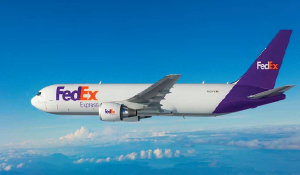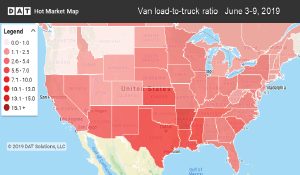


Is FedEx’s decision to split up with Amazon a shift in the industry?
Dive Brief: As the dust settles on FedEx's decision not to renew its Express domestic contract with Amazon, analysts disagree on whether the move was a prudent one or a risk that could jeopardize FedEx's margins further down the line. In research notes emailed to Supply Chain Dive Monday, Moody's analysts said the decision "makes sense given expectations of strong e-commerce growth." Morgan Stanley analysts said the carrier is putting its margins at risk while claiming to do the opposite. FedEx justified the move as an opportunity to take advantage of "significant demand and opportunity for growth in e-commerce," stating just 1.3% of FedEx's total revenue comes from Amazon business. FedEx reported $17.3 billion in revenue in 2018. No matter which outlook turns out to be true, the situation "signals [Amazon's] emergence as a significant player in the industry and brings a new level of risk to numbers at both UPS and [FedEx]," according to Morgan Stanley, whose analysts warned against underplaying the impact of FedEx's move. Dive Insight: Moody's analysts seem to buy FedEx's own explanation for breaking up with Amazon, stating there will be enough e-commerce parcel volume to support FedEx's growth in Express and Ground services, even after the carrier added Sunday delivery. FedEx and other carriers have made it clear in the past that Amazon's business is a volume game — low margins but seemingly endless volume, in theory, can still be good business. But, Morgan Stanley explained, Amazon has downplayed the amount of revenue it was bringing in from Amazon's express business, but the Express network represents a fixed cost — meaning delivery capacity on...
